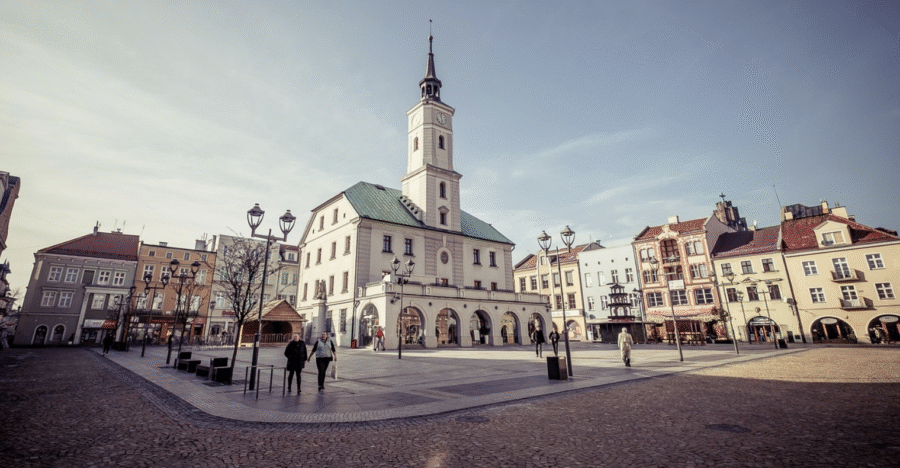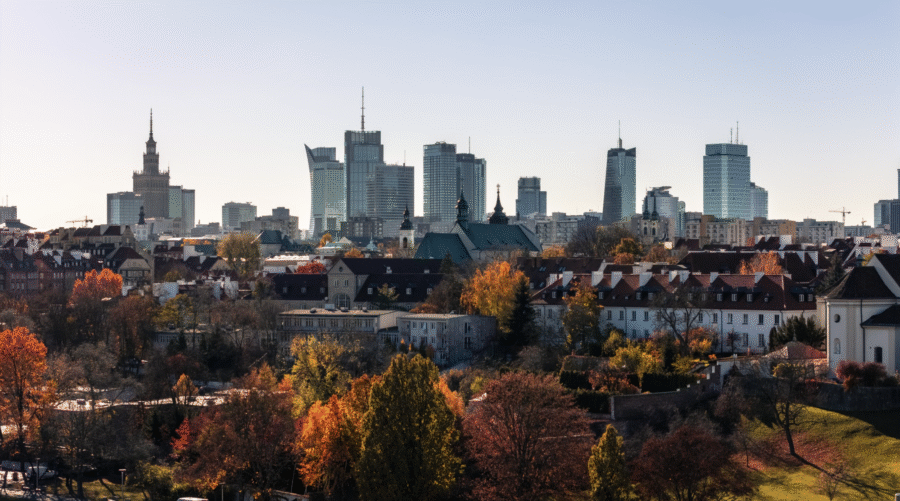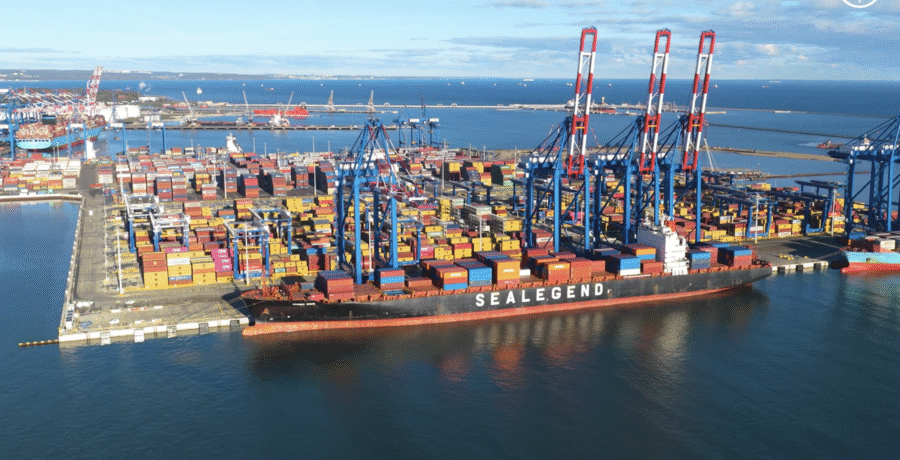In a striking piece of economic reportage, The Telegraph journalists Hans van Leeuwen and Eir Nolsøe asked a provocative question: how did Gliwice, a post-industrial town in southern Poland, transform itself into a symbol of national success while its British twin, Darlington, fell behind? Their story, “How a Polish town boomed while its British twin fell behind”, captures a tale of two places that once shared a similar industrial fate but now occupy different economic universes.
Gliwice, once part of Poland’s post-industrial “rust belt”, now radiates confidence. As van Leeuwen and Nolsøe report, “the sense of optimism in Gliwice is unshakeable”, with locals insisting that the city offers a radically improved quality of life compared with two decades ago. Piotr Zarodkiewicz, owner of the Kolorowa Café, tells them, “People used to come here to drink and forget. Now they come here to have coffee and socialise… People have more money, more time. They come for fun.”
What was once a dingy pub embedded in drab socialist tower blocks is now a bright, plant-filled meeting point for a steadily wealthier community. This transformation reflects a broader surge: Poland’s GDP per capita has doubled since 2005, but in Gliwice, the journalists note, “it has almost tripled.”
The town’s revival was not guaranteed. In the 1990s, Gliwice suffered the same post-communist decay that afflicted much of Silesia. One resident recalls: “The image of Silesia… was that it was dirty, polluted, ugly, full of old factories, most of them closed.”
Back in those days, the unemployment rate stood at 10 percent in 2003; today it is just 2.7 percent.
This metamorphosis owes much to targeted investment, start-up culture and the local university, the Silesian University of Technology. Business owners repeatedly emphasised why tech firms stay rooted in Gliwice: “There is access to good engineers, and logistically it’s a good location.”
Even the town’s abandoned coal mine has been reborn as the “New Gliwice” technology campus, a symbol, as the Telegraph writers note, of a “mini-Silicon Valley.”
Nine hundred miles away, Darlington tells a more complicated story. Despite good rail links, a university network, and decades of regeneration promises, the town has struggled to keep pace.
In Britain, Darlington is not a failure by local standards; indeed, van Leeuwen and Nolsøe stress that “Darlington has not performed particularly poorly in a British context.” Yet the stagnation of the wider UK economy disproportionately affects towns like it.
The journalists describe an icy winter visit, driving past tired terraced houses and speaking about expensive, major infrastructure projects that are delayed, and local businesses struggle to recruit.
One employer laments that apprentices “stand around waiting 40 minutes for a bus,” while another complains: “It’s cheaper for three of us to fly to Austria than… get to London.”
Underlying these diverging trajectories are structural contrasts. Poland’s transformation, as explained by economic experts in the article, rests on the “five Es”: egalitarianism, entrepreneurship, elite pragmatism, education, and Europe. EU funds, in particular, dramatically reshaped infrastructure and boosted institutional stability.
Britain, by contrast, faces what the journalists call “strategic underinvestment,” leaving the North East with persistent inequality. Even the flags in Darlington’s town centre “hung halfway up… more like symbols of mourning than celebration” seem to tell a story of subdued civic spirit.
Gliwice, meanwhile, exudes confidence. As café owner Zarodkiewicz declares: “I was born here, and I love it. It’s hard to say how it could be better.” Property developer Piotr Wawrzyniak calls the transformation “a small revolution.”
Back in Darlington, optimism is more fragile. One business owner admits: “I don’t even know if people see the hope… I’m not sure they would all agree that there’s hope.”
The parallel stories of Gliwice and Darlington offer an interesting lesson in how policy choices, investment, education and infrastructure shape local destiny. Where one town seized the opportunities of a new era, the other has been left waiting for national renewal.
As the author’s reporting makes clear, the divergence is not inevitable, but correcting it requires ambition, clarity, and the long-term political will that Gliwice has enjoyed for two decades.
Photo: Pixabay
Tomasz Modrzejewski










